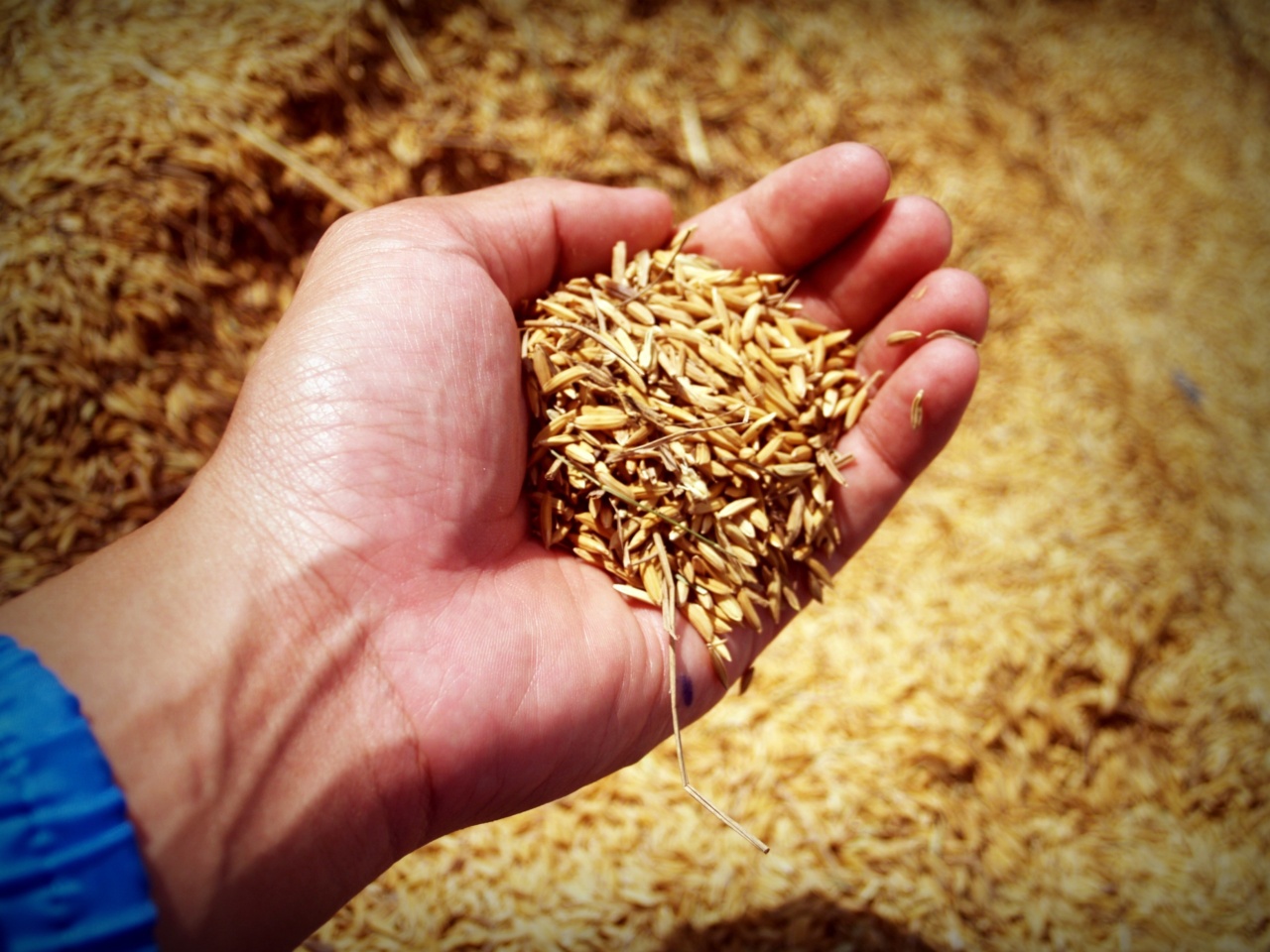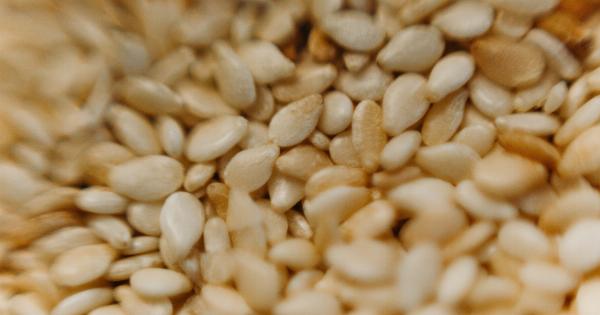Whole grain products have gained immense popularity in recent years due to their numerous health benefits.
Unlike refined grains, which have been stripped of their husk, bran, and germ, whole grain products retain all parts of the grain, making them a rich source of essential nutrients, fiber, and antioxidants. Incorporating whole grain products into your diet can have a significant positive impact on your overall health and well-being.
In this article, we will explore the various health benefits of whole grain products and why they should be an essential part of your daily meals.
1. Nutritional Value
Whole grain products provide a vast array of essential nutrients that are vital for the proper functioning of our bodies.
They are a rich source of B vitamins, including thiamin, riboflavin, niacin, and folate, which are crucial for energy production and the maintenance of a healthy nervous system. Additionally, whole grains contain minerals such as iron, magnesium, and selenium that support various bodily functions and promote overall well-being.
2. High in Fiber
Whole grain products are an excellent source of dietary fiber. Fiber is known for its ability to promote healthy digestion by preventing constipation and promoting regular bowel movements.
It also helps regulate blood sugar levels, lower cholesterol levels, and maintain a healthy weight. By including whole grain products in your diet, you can ensure an adequate intake of fiber and promote optimal digestive health.
3. Lower Risk of Chronic Diseases
Consuming whole grain products has been linked to a lower risk of chronic diseases, including heart disease, type 2 diabetes, and certain types of cancer.
The high fiber and antioxidant content present in whole grains play a significant role in reducing the risk of these conditions. Additionally, the nutrients and phytochemicals found in whole grains have been shown to have anti-inflammatory and antioxidant properties, further contributing to their protective effects against chronic diseases.
4. Weight Management
Whole grain products can be incredibly beneficial for weight management. The high fiber content in whole grains helps you feel fuller for longer, reducing the likelihood of overeating.
Additionally, the complex carbohydrates found in whole grains provide a steady release of energy, preventing blood sugar spikes and crashes, which can lead to cravings and overeating. Including whole grain products in your diet can help you maintain a healthy weight and support your weight loss efforts.
5. Better Digestive Health
As mentioned earlier, whole grain products are rich in dietary fiber, which plays a crucial role in maintaining a healthy digestive system. Fiber adds bulk to the stool, preventing constipation and ensuring regular bowel movements.
It also acts as a prebiotic, nourishing the beneficial bacteria in your gut and promoting a healthy gut microbiome. A healthy gut microbiome is essential for optimal digestion and nutrient absorption, as well as for supporting a strong immune system.
6. Enhanced Heart Health
Incorporating whole grain products into your diet can significantly improve heart health. The fiber, vitamins, minerals, and antioxidants found in whole grains work together to protect against heart disease.
Whole grains have been shown to lower LDL (bad) cholesterol levels, reduce blood pressure, improve blood vessel function, and reduce the risk of blood clots. Including whole grain products, such as whole wheat, oats, and brown rice, as part of a heart-healthy diet can help prevent cardiovascular conditions and promote overall heart health.
7. Improved Blood Sugar Control
For individuals with diabetes or those at risk of developing type 2 diabetes, whole grain products can play a crucial role in blood sugar control.
The fiber content in whole grains slows down the absorption of glucose into the bloodstream, preventing spikes in blood sugar levels. This slow release of glucose also helps regulate insulin levels, making whole grain products an excellent choice for individuals with diabetes or those looking to prevent its onset.
8. Antioxidant Properties
Whole grain products are packed with antioxidants that help protect the body against oxidative stress and damage caused by free radicals. Whole grains contain a wide variety of antioxidants, including phenolic acids, flavonoids, and lignans.
These antioxidants have been associated with a reduced risk of chronic diseases, such as heart disease, certain cancers, and neurodegenerative disorders. Including whole grain products in your diet can provide your body with a natural defense against the harmful effects of free radicals.
9. Improved Brain Function
The nutrients and antioxidants present in whole grain products have been shown to support brain health and improve cognitive function.
Whole grains contain vitamin E, which is essential for maintaining brain health and protecting against cognitive decline. The complex carbohydrates found in whole grains provide a steady release of glucose to the brain, promoting optimal brain function and enhancing mental performance.
10. Versatility and Variety
Whole grain products offer a wide range of options for adding variety to your meals. From whole wheat bread and pasta to brown rice, quinoa, and oats, there are numerous whole grain options available to suit every taste and culinary preference.
Experimenting with different whole grain products can make your meals more exciting and help you reap the numerous health benefits associated with these nutritious grains.
Conclusion
Incorporating whole grain products into your diet can significantly improve your overall health and well-being.
The high nutritional value, fiber content, and antioxidant properties of whole grains make them an excellent choice for promoting digestion, reducing the risk of chronic diseases, managing weight, and supporting heart and brain health. By making whole grain products a staple in your daily meals, you can embark on a journey towards better health and vitality.






























